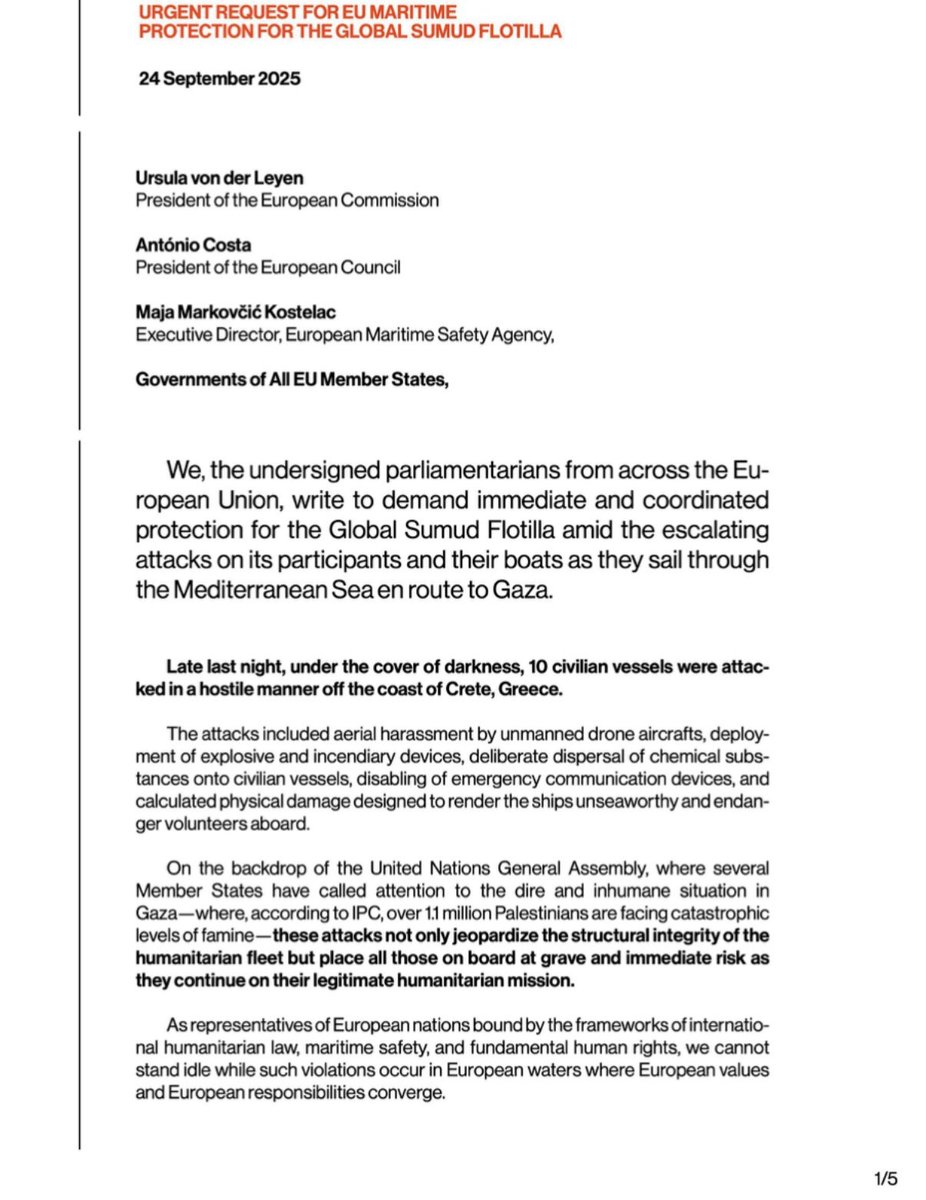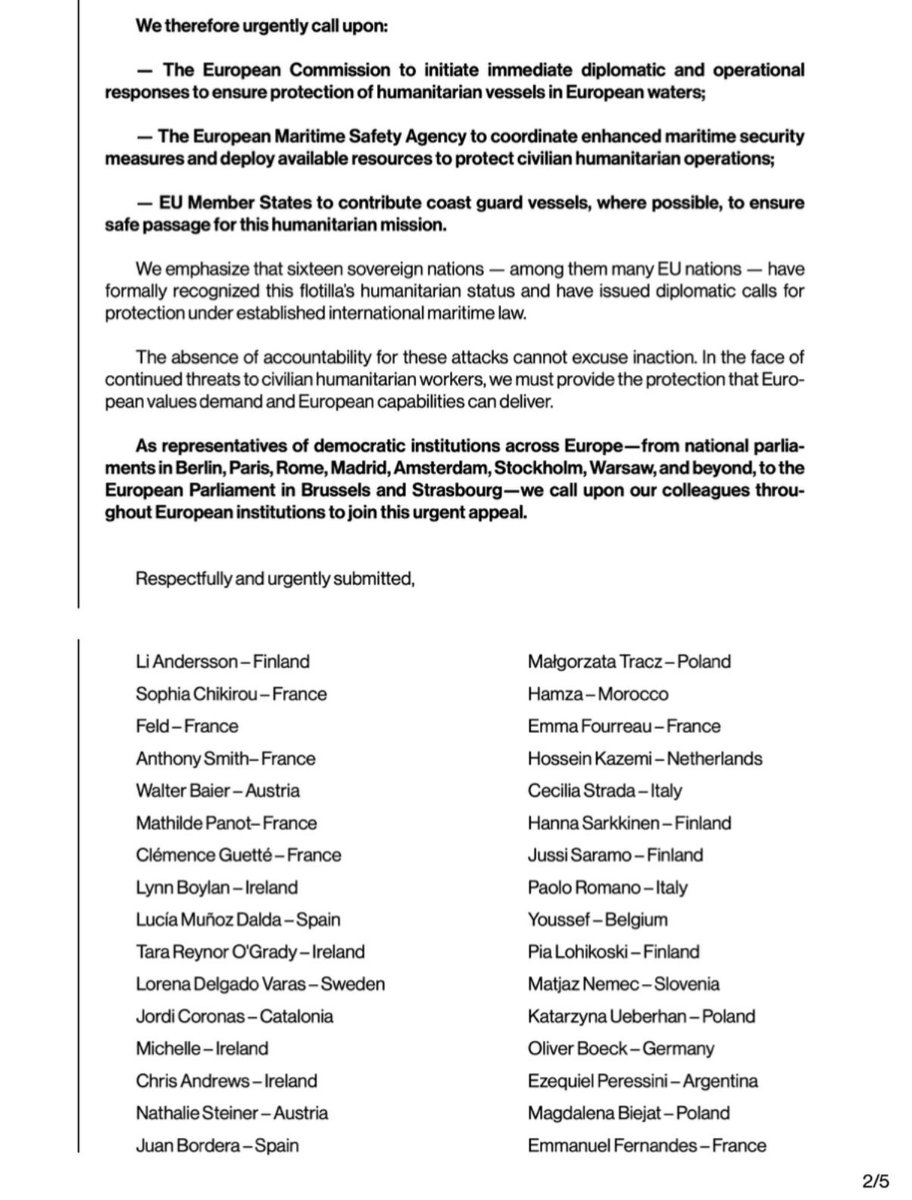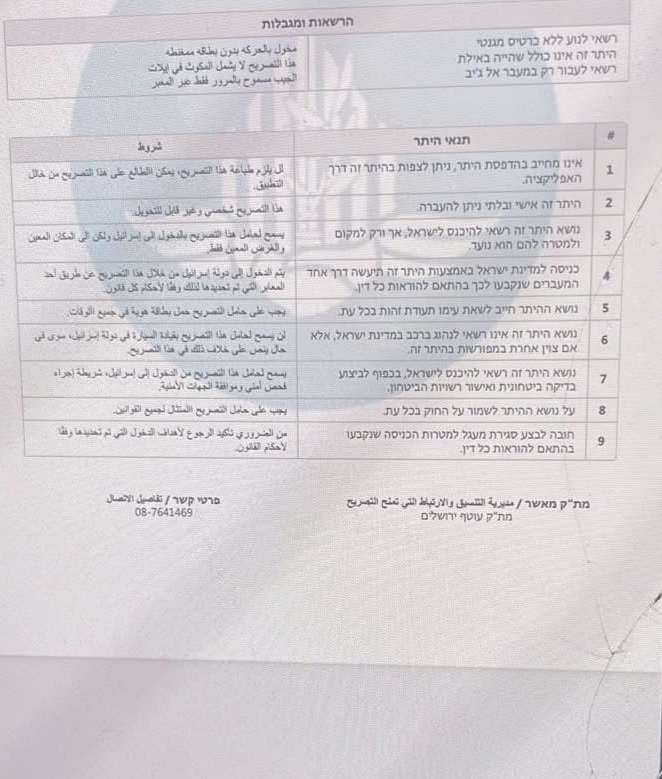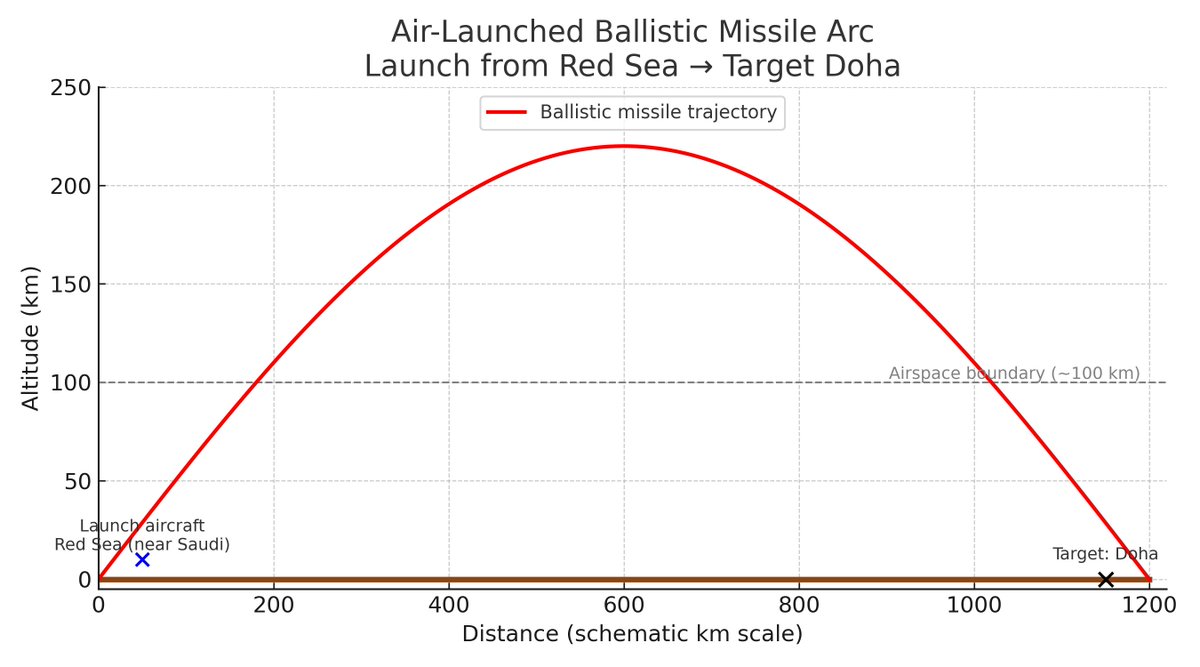
How to get URL link on X (Twitter) App



 Spain, Italy, Turkey, & UK voices have backed flotilla protection. These states are not acting out of morality. They are reacting to Israel’s growing role as a Mediterranean power, projecting force far beyond its borders. /2
Spain, Italy, Turkey, & UK voices have backed flotilla protection. These states are not acting out of morality. They are reacting to Israel’s growing role as a Mediterranean power, projecting force far beyond its borders. /2

 These permits are issued online. Residents apply through the Israeli “Coordinator” app. Their Palestinian ID number disappears. Their movement is now tied to an Israeli database.
These permits are issued online. Residents apply through the Israeli “Coordinator” app. Their Palestinian ID number disappears. Their movement is now tied to an Israeli database.
 These were not cruise missiles hugging the ground. They were ballistic systems adapted from Israel’s “Sparrow” test targets, known as Golden Horizon and Rocks. Until now, no state had used them in war. 2/5
These were not cruise missiles hugging the ground. They were ballistic systems adapted from Israel’s “Sparrow” test targets, known as Golden Horizon and Rocks. Until now, no state had used them in war. 2/5